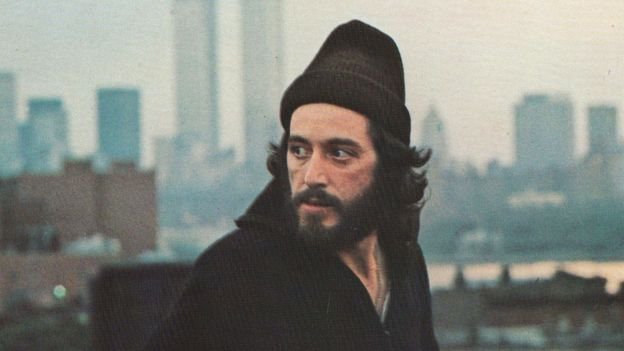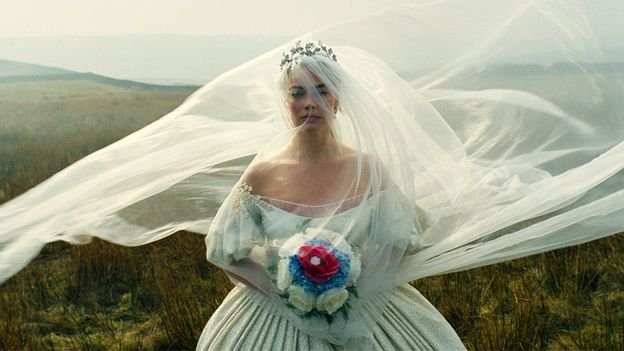
(52/54) “It always sits out on the shelf. It’s given structure…

(52/54) “It always sits out on the shelf. It’s given structure to my life. I’ve wanted to be a knight. I’ve wanted to be a king. I’ve wanted to be Ferdowsi, living for higher ideals. But there’s old men in Shahnameh too. And that’s my idea of a king now, a grandfather. A 𝘉𝘶𝘣𝘫𝘢𝘯. He’s more of a cultural figure. He advises his grandchildren. He keeps them together. But he doesn’t participate in their issues, regardless of how they behave. He’s like a book. He’s full of wisdom. He’s there if you need him, but he doesn’t exert power over you. I’m reading it through one last time, with all eight of my grandchildren. It’s a deeper understanding now. To dive deep requires a philosopher’s tenacity, but the pearls are in the depths of the seas. These days I skim over the battle scenes. I read more diligently the parts that tell of universal values like love and kindness. The parts that are true for everyone. One of my favorite stories never made it into Shahnameh. It was passed down through our oral traditions. Iran is in the midst of the longest war it has ever fought. The fighting has gone on for more than a century. Many kings have died, both sides are exhausted, and a truce is proposed. A single champion from the Iranian side is selected. His name is Arash, ‘The Archer.’ He’s told to climb one of the highest mountains in Iran, and to shoot his arrow as far as he’s able. And wherever it lands, that will be the border of the new Iran. He climbs to the mountain’s peak. He pulls back his bow as far as he can, and he lets the arrow fly. It sails across the entire country. And sticks into a walnut tree, exactly where the previous border was before. Before the fighting, before the bloodshed. And that’s the new Iran. But Arash never gets to see it. He put his entire soul into the arrow. All of his 𝘑𝘢𝘢𝘯. And the moment it’s released, he falls over and dies.”
همواره بالای گنجه نمایان است. به زندگیام سامان داده است. میخواستم پهلوان باشم. میخواستم شاه باشم. میخواستم فردوسی باشم، که تنها به آرمانهایش میاندیشد. اما کهنسالان هم در شاهنامه هستند. اکنون برداشتم از شهریار، پدربزرگ است، بابجان است، یک باشندهی فرهنگی. او برای هماندیشی با فرزندان و نوادگانش همواره هست. آنها را همبسته نگهمیدارد. به زندگی روزانهی آنان کاری ندارد، گزینش رفتار و راهکارهایشان با آنهاست. او مانند یک کتاب است. اگر نیاز داشته باشند در دسترس است. اما فشاری بر آنها نیست. برای واپسین بار شاهنامه را با هر یک از هشت نوادگانم میخوانم. اکنون برداشتی ژرفتر دارم. داستانها همیشه برایم دلپذیر بودهاند. همیشه درونمایهی واژگان را به جان گرفتهام. اما غوطهور شدن در ژرفای داستانها نیازمند پیشینه و پشتکار فرزانگان است. مرواریدها در ژرفای دریا نهفتهاند. این روزها از پهنهی نبردهای خونین زودتر میگذرم. بخشهایی را که از ارزشهای جاودانی مردمان در سراسر جهانند، چون عشق و مهربانی، ژرفتر میخوانم، به کار همه می آیند، راستیناند. داستان پرمایه و دلانگیزی در اوستا هست. داستانی که در شاهنامه نیامده است. ایرانیان درگیر جنگی درازدامن با تورانیانند. جنگی که بیش از یک سده به درازا کشیده است. بسیاری از پادشاهان جان باختهاند، هر دو سو خسته و درماندهاند. پیمان میبندند که مرز ایران و توران تیر پرتاب کمانگیری از فراز کوه رویان باشد. از ایران سپاه، آرش است که در این کار سترگ بالا برمیافرازد، جان خود در تیر میکند. تیر بر شاخ گردویی فرود میآید که بر مرز راستین ایرانزمین روییده است! از آرش مگر کمانی باز نمیماند. سیاوش کسرایی چه زیبا سروده است: جان خود در تیر کرد آرش / کار سدها سدهزاران تیغهی شمشیر کرد آرش




